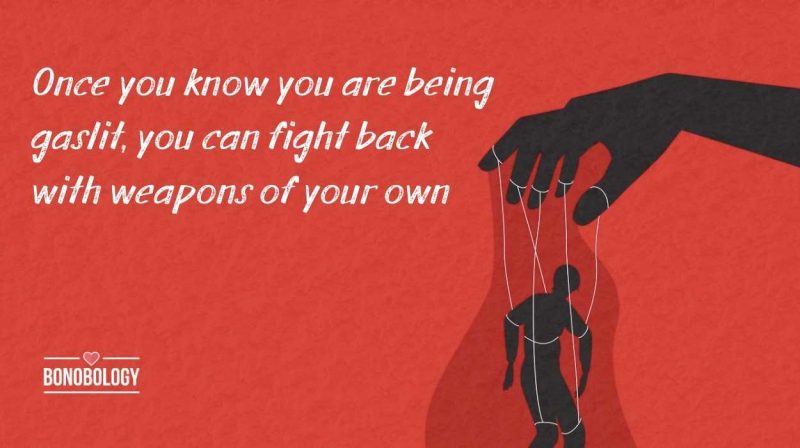Most times, when someone dies by suicide, the reaction of the people closest to the deceased – friends and family – is that they didn’t see it coming. “He was so happy.” “She seemed normal.” This makes the loss even more shocking and unbearable for the bereaved. However, the signs someone is suicidal are always there. Just that most people don’t have the right insight to read them for what they are – a cry for help.
Most of the calls we get at our suicide prevention center, SAATH, are nothing but the same cry a help. People, reeling under different stresses, find themselves so isolated and unheard that a deep-seated sense of helplessness takes root in their minds. As a result, ending their life begins to seem like the only way to end the pain.
For instance, we recently received a call from a 15-year-old boy, who said he wanted to die by suicide. When I asked him why that was, he responded, “I have been trying to tell my father that I need his attention. I want him to listen to me. But he just dismisses me offhand. He doesn’t listen. He doesn’t understand what I’m going through.”
As you can see, the sense of isolation can trigger in a person a feeling of dejection so deep that dying by suicide may begin to seem like a better alternative. In this case, this young man’s parents were both doctors, so the belief that only the uneducated or uninformed sections of society are blind to suicidal tendencies in a loved one is also a misnomer.
This, naturally, must raise in your mind a host of questions – What are the signs someone is suicidal? What do suicidal tendencies look like? How does someone with suicidal thoughts behave? And most importantly, what can you do to help? We’re going to address them all, one by one.
8 Signs Someone Is Suicidal
Table of Contents
Suicidal tendencies can be closely linked to feelings of depression. That’s why the signs that a person may be dealing with suicidal thoughts can be closely linked to symptoms of depression. Here are some of the most common signs someone is suicidal:
1. Feeling Like S Burden
One of the first signs to watch out for is that the person feels like a burden on others. You may be able to sense it in their behavior – being too closed up, not sharing their troubles with even the closest people, not asking for help even when they really need it. This sense of being a burden can also manifest in their words: “I’m no good for you” “I’m of no use in this house/relationship/workplace” or a more straightforward “I’ve become a burden”.
Related Reading: 8 Signs Your Friend Is In Depression and 6 Ways You Can Help
2. Unusual Sleep Patterns
People with suicidal tendencies also have unusual, unhealthy sleep patterns. This could be characterized by too little or too much sleep. Staying up all night or spending the entire day in bed, sleeping for unusually long periods, are some red flags to watch out for.
3. Disconnected From The World
Anyone who is dealing with suicidal thoughts finds themselves disconnected from the world around them, and this includes the people closest to them. If a loved one has suddenly become too withdrawn – for example, they spend all their time in their room, don’t want to participate in family activities or social events and prefer to stay by themselves – it’s wise to keep a watchful eye and try to get through to them as gently and compassionately as possible.

4. Sense Of Hopelessness
Suicidal tendencies stem from a sense of hopelessness and helplessness. This can be seen in the way an affected person talks about their future or life in general. “I wish I was never born.” “Look after yourself when I’m gone.” “Who knows if there will be a next time.” These may seem like casual statements but could be subtle hints that a person is thinking about ending their life, especially if you can also see the other signs someone is suicidal.
5. Anxiety
Since they feel pushed to the brink, those dealing with suicidal thoughts also wrestle with a lot of anxiety. Apart from anxious thoughts, overthinking the smallest things and generally being edgy and restless, you may also witness in them anger and rage, which comes from the pain they’re dealing with on the inside.
6. Tying Up Loose Ends
A person who is suicidal may also take steps to tie up the loose ends in their life by making a will, finishing off certain tasks or projects at work, getting their finances in order, and so on. This is especially true of older people, who have certain responsibilities. Since they already feel like a burden on those around them, they want to make sure that they don’t continue to be so after they’re gone.
Related Reading: Coping With Depression After Cheating On Someone
7. Dwelling On Problems
Another common behavior pattern seen in such cases is a tendency to dwell on problems. They may keep brooding and thinking about problems and issues for which there is no tangible solution in sight.
8. Addictions
Increased dependence on alcohol or drugs is also among the common signs someone is suicidal. If you notice that a loved one is showing signs of being an alcoholic or has suddenly begun drinking too much or taken to drug use, and they seem troubled or restless or have problems that they feel bogged down by, don’t overlook it.
How Can You Help A Loved One Who May Be Suicidal?
I want to reiterate that except certain sudden and extremely distressing situations – failure in examinations or rejection in love are among the common examples we see around us – no one dies by suicide on an impulse. For most people, these suicidal thoughts are the outcome of not being seen, heard or understood by those closest to them. Here is what you can do to help:
1. Talk To Them

Ask questions, check in, and inquire about their well-being. If you can, get them to open up about whatever it is that may be troubling them. A lot of times, people die by suicide because they’ve accumulated huge debts that they have no way of paying off. In a majority of these cases, the families have no idea about the dismal financial conditions until after the person has died. Trying to talk and reach out can help. n these hard moments, ensuring the environment is safe and free from any potential sources of further distress is critical. Professional services in Suicide Cleanup are vital to handle these biohazardous situations effectively.
2. Don’t Be Dismissive
If a loved one confides in you about having suicidal thoughts, don’t dismiss their pleas for help with statements like “Cheer up”, “Try to be positive”, and “You have everything. How can you even think about ending your life?” or “What problems do you have that you claim to be depressed?”
3. A Change Of Scene Won’t Help
Depressive, suicidal thoughts are not something a person can just shake off. Even though you may be doing it from a place of love and concern, forcing a person to go out, socialize, or let their hair down will prove counterproductive in most cases. It will only make them feel more isolated and alone, which can further contribute to suicidal tendencies.
4. Get Help
The best thing you can do for a loved one when you spot the worrying signs of suicidal tendencies is to get them help. Counseling has proven benefits that can help someone who is depressed and struggling with suicidal thoughts turn their life around. Encourage them to talk to a counselor or a therapist, who is trained in the skill of active listening in an empathetic, compassionate, and non-judgmental manner.
In our experience, it can sometimes take one wrong word or tone of voice to trigger a person to act on their suicidal thoughts. So, handling the situation delicately is paramount.
(Nishmin Marshall is the former director of the suicide prevention center, SAATH, and has been working in the field of suicide prevention for over a decade.)
Strictly avoid thoughts of suicide when you face rejection in love
Practical Steps To Deal With Depression – Our Panel Of Therapists Tell You
Your contribution does not constitute a charitable donation. It will allow Bonobology to continue bringing you new and up-to-date information in our pursuit of helping anyone in the world to learn how to do anything.






















